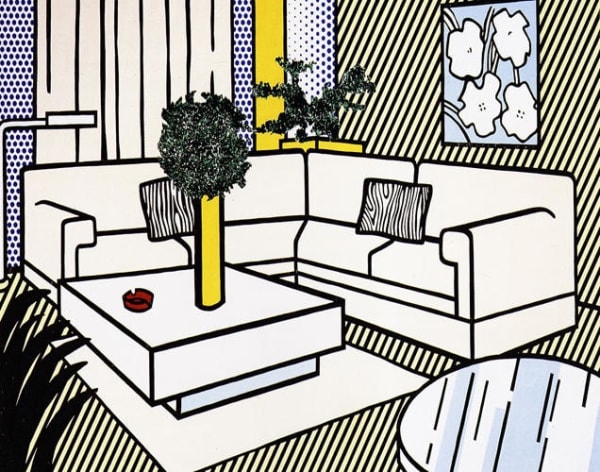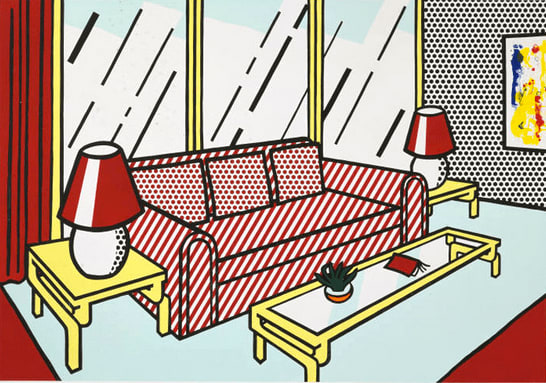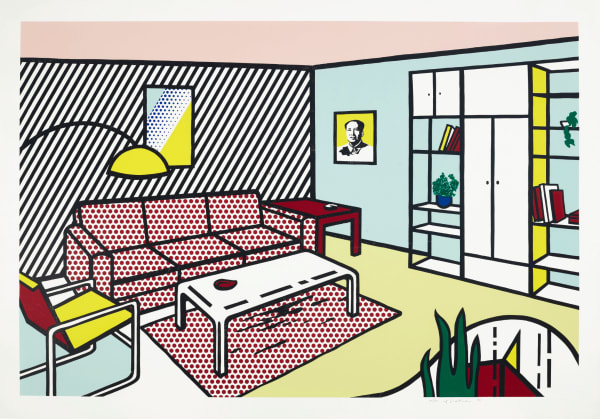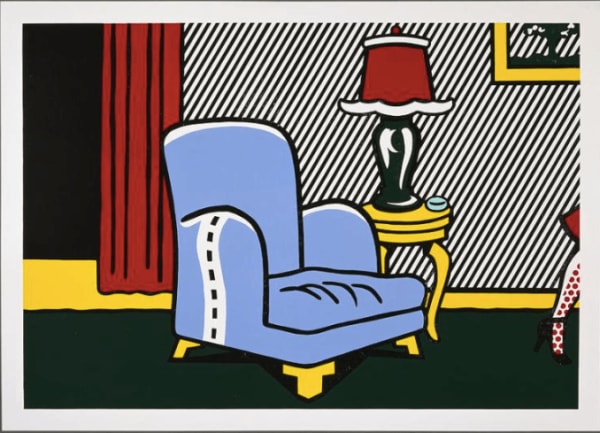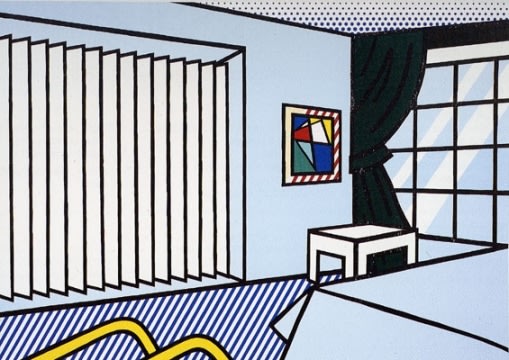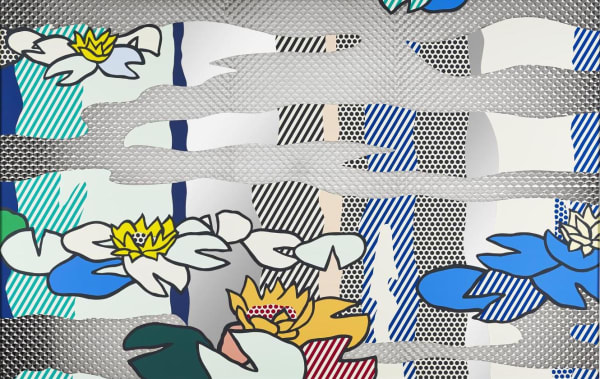-
Overview
"I'm interested in what would normally be considered the worst aspects of commercial art. I think it's the tension between what seems to be so rigid and cliched and the fact that art really can't be this way."
Roy Lichtenstein, born in New York City in 1923, emerged as a revolutionary figure in the Pop Art movement, known for his bold, comic strip-style paintings. His journey in the art world began with an early interest in art nurtured in a culturally rich environment. Lichtenstein's formal art education took place at the Art Students League of New York and Ohio State University, where he absorbed influences from both American and European art traditions.Initially experimenting with various art styles, Lichtenstein's career took a definitive turn in the 1960s. It was during this period that he became a pioneer in Pop Art, transforming mundane commercial imagery into high art. His distinctive approach, often inspired by comic strips and advertising, challenged traditional notions of art. This era saw the creation of some of his most iconic works, such as "Whaam!" and "Drowning Girl." Characterized by the use of Ben-Day dots, vivid colors, and dramatic narratives, these pieces became synonymous with Lichtenstein's style, making his art instantly recognizable.
As a key figure in the Pop Art movement, Lichtenstein's contribution was monumental. He masterfully blended commercial aesthetics with fine art, redefining the boundaries and perceptions of art in society. This approach paved the way for future artists to explore and incorporate elements of popular culture in their work.
In his later years, Lichtenstein expanded his artistic exploration to include more abstract forms and sculptures. His influence extended beyond his lifetime and can be seen in various art forms, from traditional painting to digital art. Despite his passing in 1997, Lichtenstein's work continues to inspire and provoke thought.
Significant exhibitions of Lichtenstein's work have been held at major museums, including retrospectives at the Museum of Modern Art (MoMA) and the Tate Modern. His art is held in prestigious collections worldwide, a testament to his enduring popularity and impact.
Lichtenstein's legacy as a Pop Art icon remains influential. He is remembered as a pivotal figure in contemporary art history, an artist who reimagined pop culture in the art world and left an indelible mark on the canvas of modern art. His unique vision and contributions continue to resonate, making him a lasting figure in the annals of art history.
-
SeriesNews
-

Roy Lichtenstein: Prints from the 1960s
A Pop Art Masterpiece April 23, 2024EXPLORING ROY LICHTENSTEIN'S ICONIC PRINTS OF THE 1960S: A POP ART MASTERPIECE ROY LICHTENSTEIN , AN INFLUENTIAL FIGURE IN THE POP ART MOVEMENT OF...Read more -

Auction Top 10 from Print Sales
April 18, 2024Yesterday's auction spectacle showcased an array of captivating works, with pieces by iconic artists such as Warhol, Lichtenstein, and Basquiat taking center stage. From Warhol's...Read more -

Sotheby's: March Print Auction Top Lots
March 21, 2024Held March 20 at Sotheby's London, the Prints & Multiples sale showcased the best of contemporary and pop printmaking with stellar results for works by...Read more -

Roy Lichtenstein's Water Lilies Series
A Pop Assault on the Art Canon February 6, 2024Considered the culmination of Roy Lichtenstein's extensive exploration of reflections, which originated in his earliest Pop Art works, such as the 1961 painting Look Mickey,...Read more -

Richard Pettibone
A Pioneer of Appropriation Art January 24, 2024A Pioneer of Appropriation Art In the realm of contemporary art, Richard Pettibone's name stands out as a pioneering figure in the appropriation movement....Read more -

Lichtenstein's Landscapes
A Closer Look January 23, 2024American Artist Roy Lichtenstein (1923-97) was one of the founders of the Pop Art Movement, which took inspiration from recognisable imagery, often found in mass...Read more -

2023 In Review
A Look Back December 29, 2023TO WRAP UP THE YEAR, WE ARE TAKING A LOOK BACK AT OUR TOP 10 BEST SELLING ARTISTS OF THE GALLERY. ANDY WARHOL WARHOL'S ART...Read more -

Roy Lichtenstein: Reflections Series
A departure from his previous work September 21, 2023Roy Lichtenstein was a prominent American pop artist known for his bold, comic book-inspired artworks. His 'Reflections ' series is a notable body of work...Read more
Exhibitions


